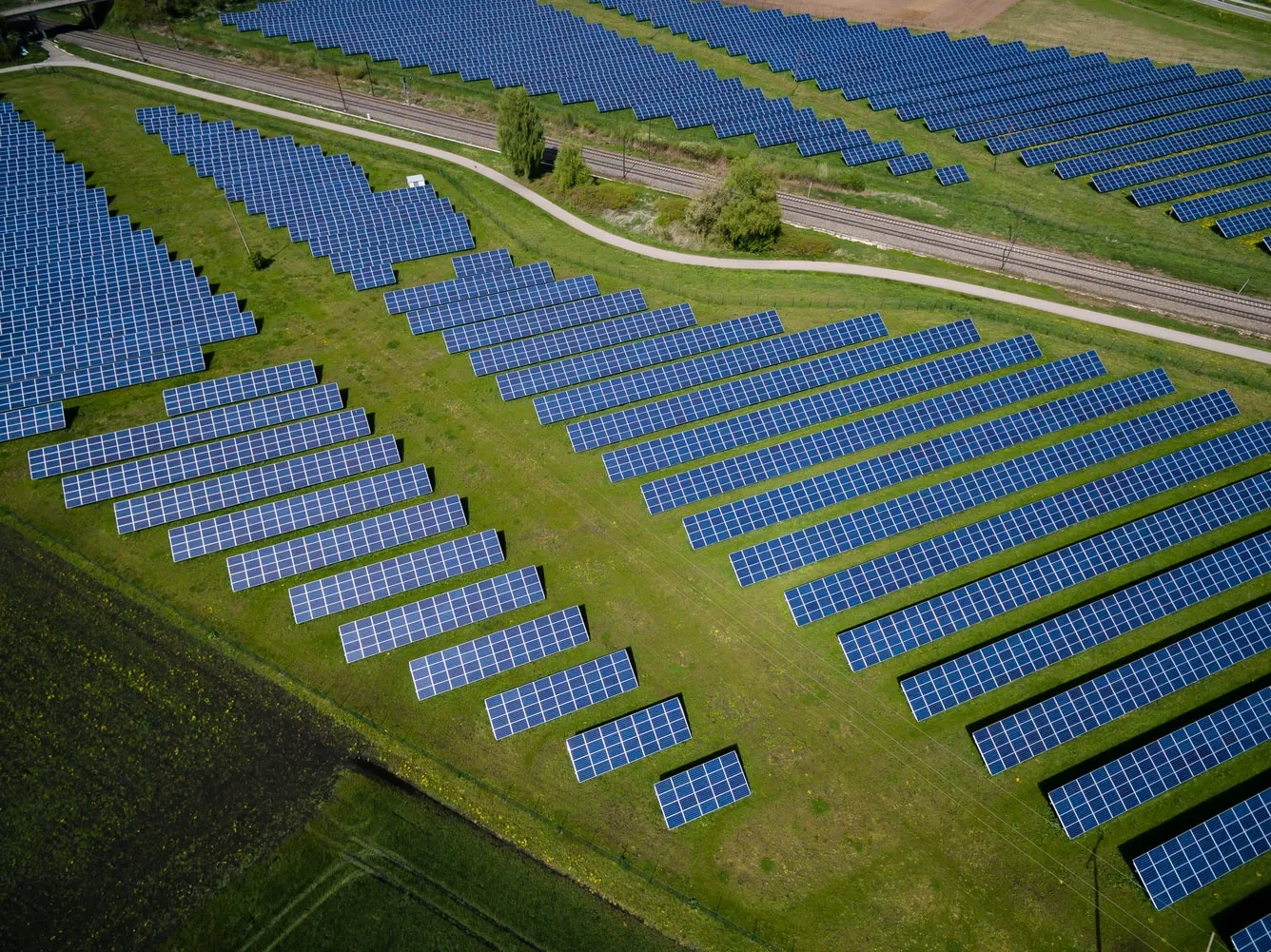EAI was delighted to welcome Laura Heuston from SustainabilityWorks to present to members on the 23rd of June on their report ‘Financing Energy Efficiency in Ireland’.
The report looks at the challenge of financing deep retrofits in the residential sector in Ireland. In light of government policy and targets for deep retrofits the report examines the business case for finance providers, the perspective of homeowners, the retrofit market itself (including the role of the EEOS) and innovative finance mechanisms.
The financing mechanisms examined include publicly supported low-cost loans, green mortgages, on-bill and on-tax financing schemes. While on-bill and property tax financing schemes have worked successfully in other jurisdictions, in particular in North America, SustainabilityWorks research concludes these come with challenging design options and would not be suitable for Ireland at this time. Instead, the solutions they recommend are personal loans which are backed up and supported by public funds and green mortgages.
Personal loans are possibly more desirable as they come with less paperwork than mortgages and could be easier to payoff. Public financial support would be needed to lower the rates on the loans as affordable finance is one of the key barriers homeowners face. Green mortgages are already available in the Irish market but could be expanded to cover retrofit projects which improves the BER rating of a house over time in different stages as opposed to only projects which bring a house to at least a B2 rating in one go. Accommodating step-by-step approaches to energy efficiency upgrades is something EAI advocated for in our recent response to the Energy Efficiency Obligation Scheme consultation.

